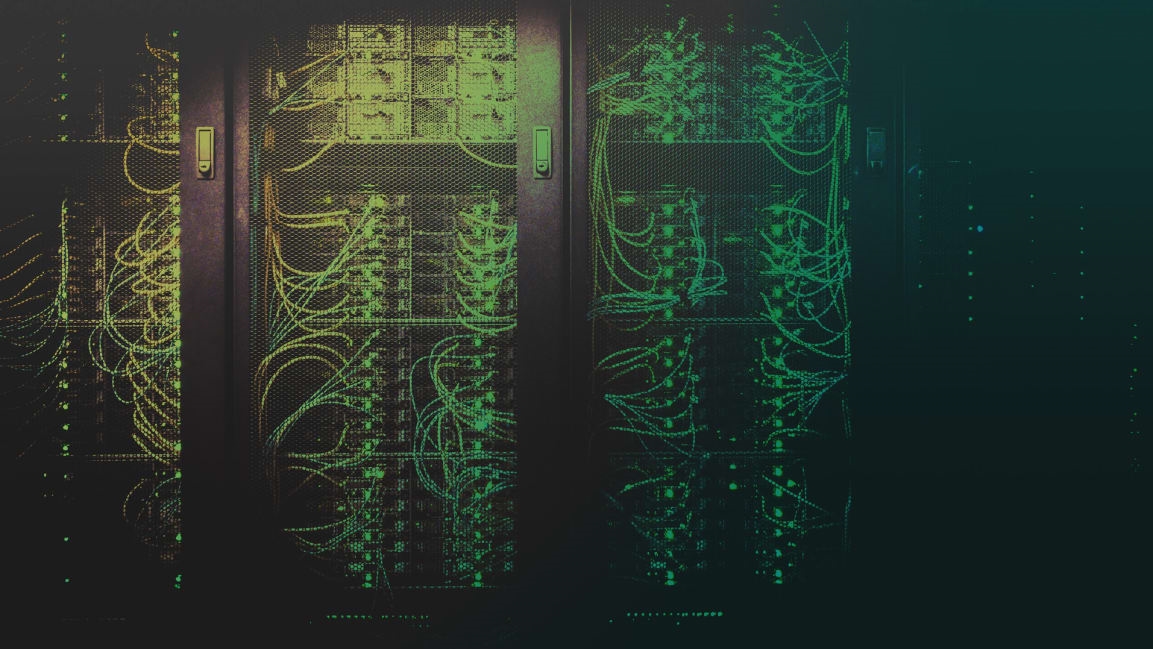Ransomeware hackers could’ve taken home $400K but got $0 after they wouldn’t negotiate
The mayor of New Bedford, Massachusetts, said in a press conference Wednesday that the city attempted to negotiate with hackers demanding a $5.3 million ransom payment to restore city computers, but the hackers rejected a $400,000 counteroffer.
“While I am generally averse to engaging in negotiations of this kind, I concluded it would be irresponsible to dismiss out of hand the possibility of obtaining a decryption key if the insurance coverage would cover the full cost of the ransom pay,” Mayor Jon Mitchell said, explaining the costs would be covered by the city’s cybersecurity insurance.
Mitchell said the $400,000 seemed in line with what other municipalities have paid to unlock ransomware, which is a type of malware that encrypts files until a payment is made to whoever deployed it.
With the offer rejected, the city restored its own systems, rebuilding servers and workstations and restoring “most software applications,” according to a city statement. The attack came just after the July 4 holiday, when many city computers were offline, minimizing damage.
City services weren’t disrupted, although some internal administrative apps did go offline, the city has said. It’s not believed that any resident data was smuggled out of the network.
Ransomware attacks on municipal governments have become somewhat common in recent years. Flagstaff, Arizona public schools were reportedly closed Thursday when ransomware hit the school district’s computers. Texas recently reported an attack affecting at least 23 small, local governments in the state, and large cities including Baltimore and Atlanta have also been affected, costing the cities millions of dollars in lost revenue and cleanup costs.
Cities aren’t always deliberately targeted, but they can fall prey to ransomware just as businesses or individuals can, especially if tight budgets makes it difficult for them to keep up with digital security demands.
(21)



